Exfoliation is an important step in skin care. It helps slough off dead skin cells and clear pores, which can reduce the visibility of acne, fine lines, and wrinkles.
Consistent exfoliation also improves the absorption of serums and moisturizers so they perform better.
That said, there’s a correct and an incorrect approach to exfoliating — especially for sensitive areas like the face. While sugar scrubs can help refresh dull skin on the body, their abrasive texture is typically too aggressive for facial skin.
Look into gentler exfoliation options for your face to remove dead cells without provoking irritation.
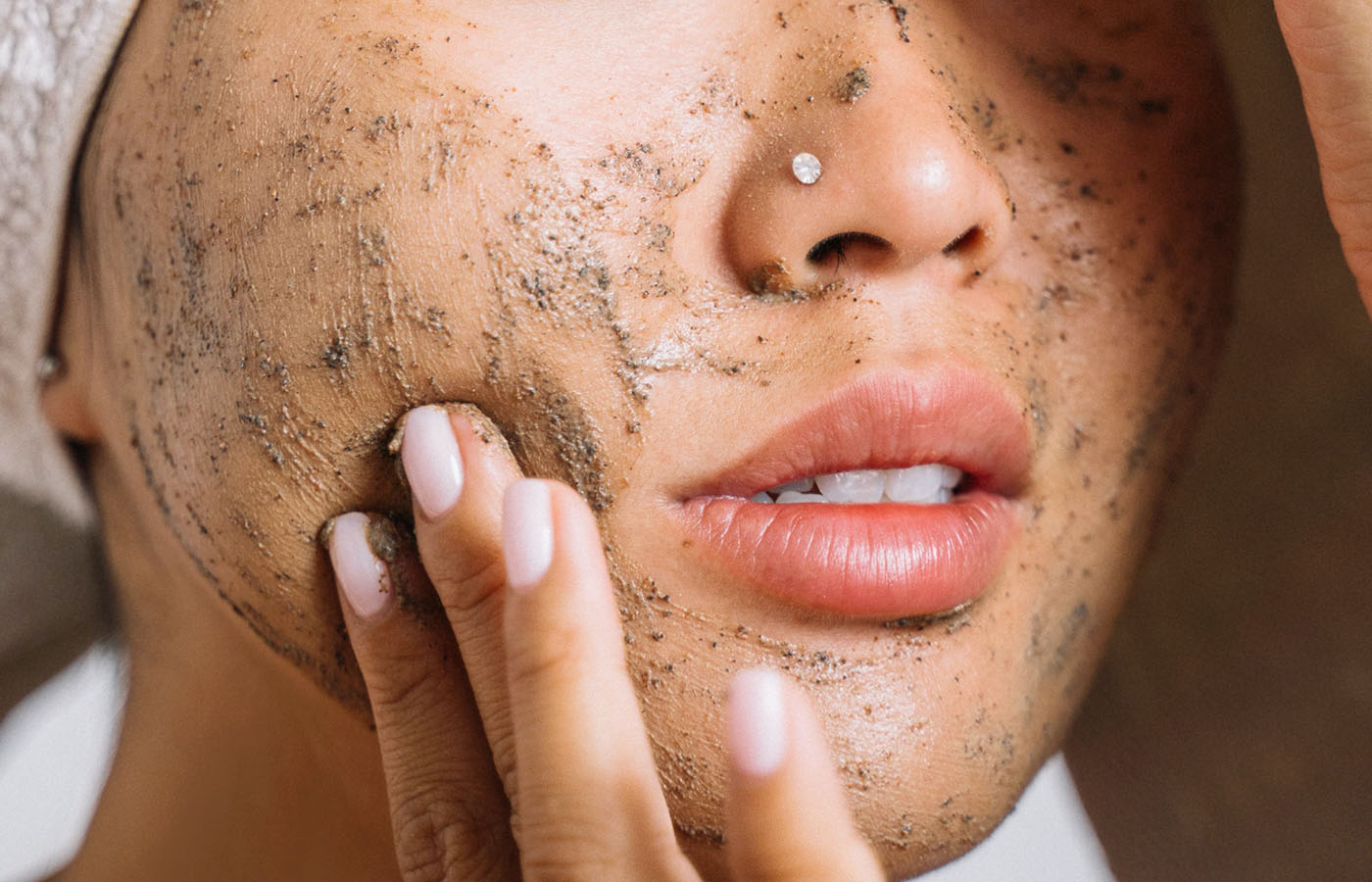
Possible downsides of putting a sugar scrub on your face
Sugar scrubs are made with coarse sugar granules. The technique is to rub these particles across the skin to dislodge debris and dead cells.
Because sugar scrubs are gritty, they’re often excessively rough for facial skin. They can create microtears and cause damage, particularly if you’re using ordinary granulated sugar.
Applying sugar scrubs to the face can result in:
- irritation
- redness
- dryness
- scratches and abrasions
These risks apply to both store-bought and homemade scrubs, even when finer white or brown sugar is used. As a general guideline, avoid sugar crystals on the face entirely.
Safer facial exfoliation options
Milder scrubs may be acceptable for weekly use, but only if they contain tiny, round particles. Always trial a new facial scrub on your forearm first — if it’s too harsh for your body, it’s too abrasive for your face.
Rather than relying on physical scrubs, consider ingredients that exfoliate chemically without harsh particles. Consult a skincare professional about these alternatives.
Alpha hydroxy acids (AHAs)
AHAs such as citric, lactic, and glycolic acids loosen surface skin cells to enhance the texture and appearance of the skin. Instead of mechanically scrubbing, products with AHAs dissolve dead skin cells.
Although AHAs are frequently used for anti-aging, they can also help skin prone to acne.
Beta hydroxy acids (BHAs)
Salicylic acid is the most familiar BHA and works by breaking down dead skin cells inside pores. You’ll find salicylic acid in toners, cleansers, and lotions. Use only one product containing salicylic acid at a time to reduce the chance of irritation or peeling.
Mechanical exfoliants
Mechanical exfoliation can complement your daily facial cleanser and is particularly useful for oily or combination skin types.
Options include using soft washcloths or facial cleansing brushes designed for the face. The important part is to massage these tools in small circular motions rather than scrubbing aggressively.
Whichever exfoliant you pick, follow with a moisturizer suited to your skin to prevent dryness. Don’t exfoliate more than once or twice weekly, or you risk harming your skin.
Where sugar scrubs are appropriate
Provided there’s no existing irritation, sugar scrubs are typically safe for body use. They work well on very dry, rough patches on elbows, knees, and heels. A sugar scrub can also help prevent dryness on the hands.
Because sugar grains are coarse, avoid applying sugar scrubs to irritated areas, open wounds, or rashes. They may worsen those conditions.
See a dermatologist if you have adverse effects from a sugar scrub that don’t improve after several days.
Avoid sugar scrubs entirely if you have sensitive skin, eczema, or an inflammatory skin disorder.
Takeaway
Sugar scrubs can leave skin feeling soft and smooth, but they’re generally too abrasive for facial skin. Reserve sugar scrubs for the body and opt for gentler alternatives for the face. A facial exfoliant should gently renew skin, not aggravate it.
If home exfoliation doesn’t deliver the results you want, consult a dermatologist about professional treatments such as microdermabrasion.

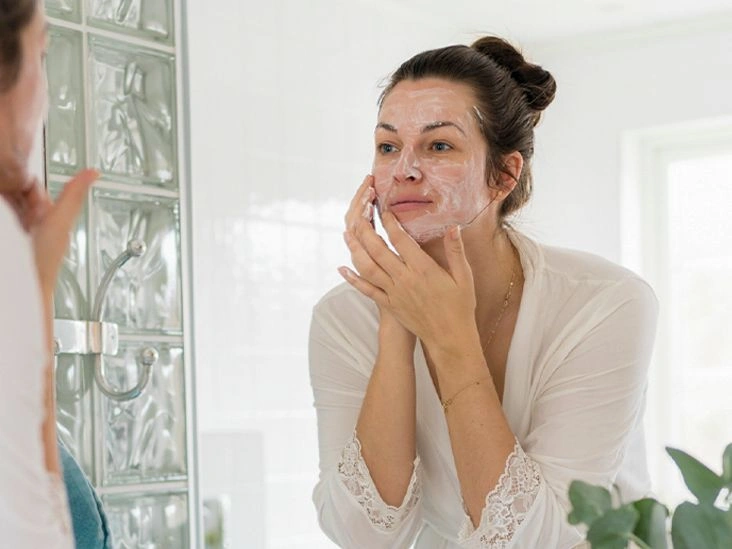
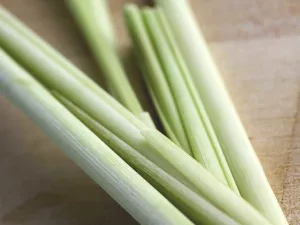

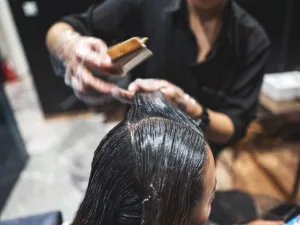
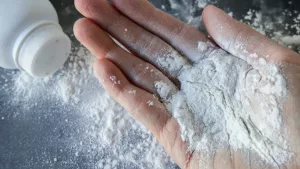

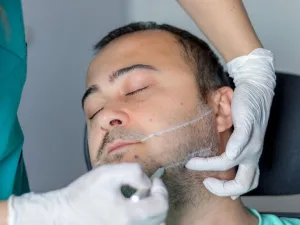
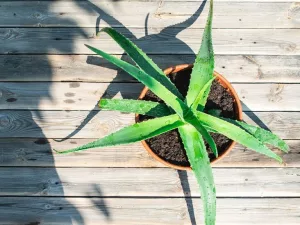
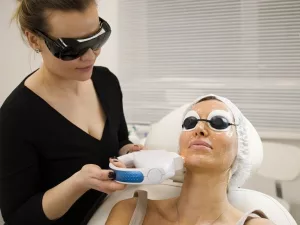

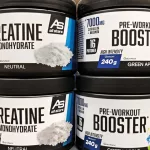
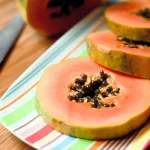
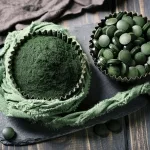
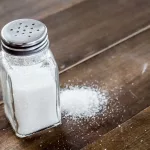






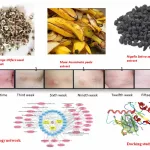

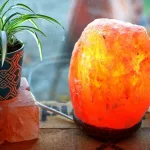
Leave a Reply
You must be logged in to post a comment.